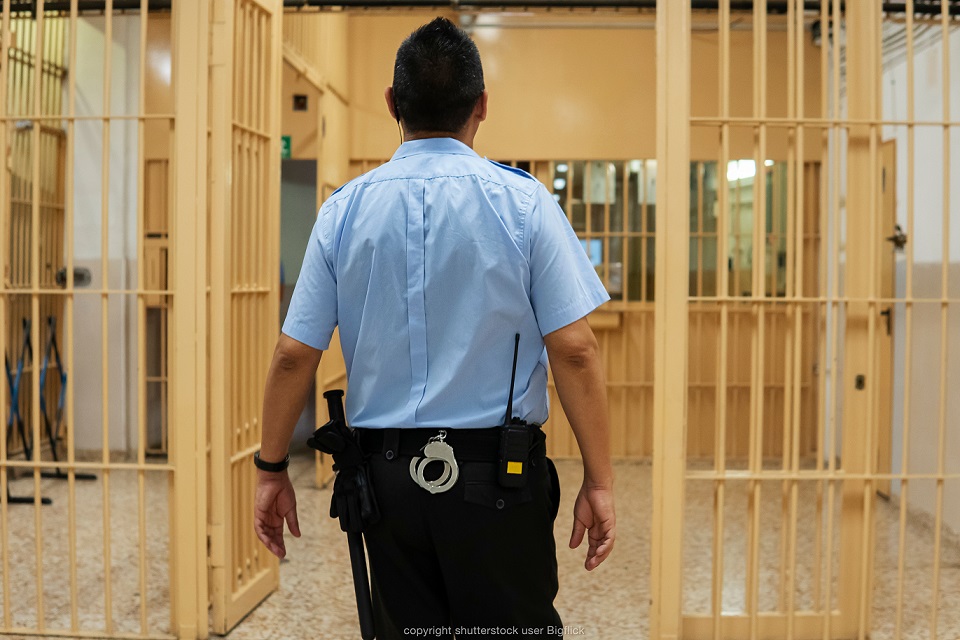Archival Notice
This is an archive page that is no longer being updated. It may contain outdated information and links may no longer function as originally intended.
Because correctional officers work behind the walls of prisons or jails, we too often fail to recognize the vital role they play in public safety. National Correctional Officers Week, which takes place this year from May 3 ‒ 9, is a time to formally honor the tens of thousands of correctional officers and employees who serve our country in local, state and federal facilities, including the more than 36,000 employees of the Federal Bureau of Prisons.
President Reagan issued the 1984 proclamation that established National Correctional Officers Week. The proclamation stated, “They are called upon to fill, simultaneously, custodial, supervisory, and counseling roles. The professionalism, dedication and courage exhibited by these officers throughout the performance of these demanding and often conflicting roles deserve our utmost respect.” In the years since that proclamation, the job of the correctional officer has grown even more as the men and women of corrections face expanding responsibilities.
The corrections system is integral to our country’s remarkable three-pillar justice system: police and prosecutors; our courts; and our corrections system, which ensures that our nation protects the public by separating criminals from the broader society, deters others from breaking the law and prepares offenders to live as law-abiding citizens upon their release.
Today, correctional officers’ “demanding and often conflicting roles,” in President Reagan’s words, have become even more so. Take for instance the growing problem of mental illness in confinement facilities. About 15 percent of men and 34 percent of women in jails have a serious mental illness, compared to just 4 percent of people in the general population. In response, the Office of Justice Programs’ Justice and Mental Health Collaboration Program provides funding that supports corrections staff in identifying and providing services for people with mental illness and a substance use disorder, which frequently appear together.
Another vital role is preparing offenders to reenter society. By treating offenders fairly while holding them accountable for their behavior--and rewarding them when they do the right thing—correctional officers model and encourage expected behavior. They also ensure that offenders attend programs that ready them for challenges they face upon reentry. In Fiscal Year 2019, OJP gave awards totaling more than $55.8 million to reduce recidivism among those returning to their communities following confinement. And this year, we are making another $70 million available.
Today, COVID-19 poses a new kind of risk to those working in correctional facilities, where so many live in close quarters. Facilities are doing all they can to mitigate the spread by following guidelines from the Centers for Disease Control and Prevention. In light of the coronavirus, I am thankful for emergency funding available through OJP to address the pandemic’s public safety challenges.
The CARES Act, which the President signed into law on March 27, provides a total of $850 million for eligible state, local and tribal governments. OJP was able to begin awarding these funds on April 3. Among other uses, the grants can purchase protective equipment and address the medical needs of the incarcerated and corrections staff. The Federal Bureau of Prisons is receiving an additional $100 million.
On behalf of all of us at the Office of Justice Programs, I say thank you for your steadfast dedication to your profession and for faithfully performing your essential work.



